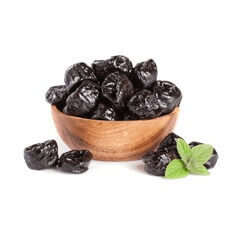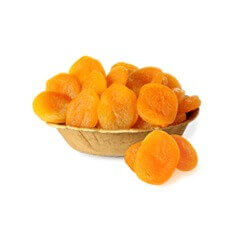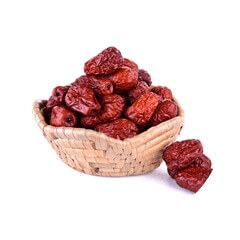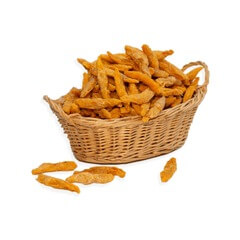Dried Plum
- Home
- Dried Fruits
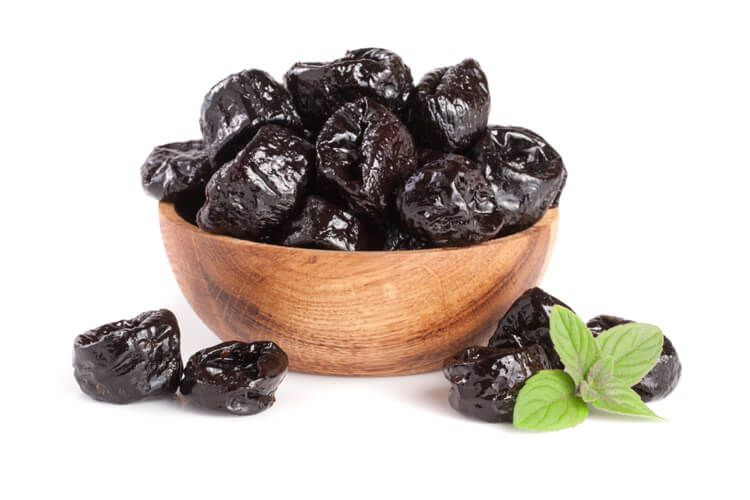
Dried Plum
Are you tired of searching for quality dried plums in Canada? If yes, then your search finally comes to an end, and you are in the right place. Adnoor is the answer to your question, "Where to get prunes"? Adnoor is the ideal place to buy wholesale dried plums in Canada at the best rates. Adnoor prioritizes its customer's health and well-being, and that's why we sell organic prunes. In order to maintain our standards, we follow all the health and safety protocols from production to final packaging of the dried plums and deliver the product in its finest quality. So, continue visiting Adnoor to get the best-dried plums in Canada at your doorstep. Dried plums or prunes are sweet and chewy, with a sweet and sour taste that is similar to raisins. They are soft and easy to eat, so they are often used in recipes for cookies, pies, puddings, salads, and other desserts. Dried plums are harvested from the plum tree (Prunus domestica) when the fruit is fully ripe but not yet overripe. Dried plum is a great way to enjoy the tastes and textures of fresh fruit without the mess. Our perfectly ripe and naturally dried organic prunes are perfect for you.
Dried prunes are similar to other dried fruits such as dates and raisins in that they provide antioxidants, energy, minerals, vitamins, and fibre in addition to being concentrated sources of them. Organic prunes are a good source of fibrous soluble dietary fibre. They have been known to help with constipation by smoothing the digestion process and providing comfort. Prunes are used as purgatives in traditional medicine by being soaked before eating. Prunes are an excellent source of vitamin A and beta-carotene, which contributes to the health of your eyes, healthy skin, and a decreased risk of the oral cavity and lung cancers. Iron, copper, manganese, and potassium are all present in prunes. Iron is a critical element for red blood cell production. Potassium is a critical component of cells and body fluids that controls heart rate and blood pressure. A number of B-complex vitamins are found in dried plum, including riboflavin, niacin, pyridoxine, and pantothenic acid, which serve as cofactors for metabolism. These vitamins are especially important for those with a vegetarian diet.
Look for the real thing before buying prunes or dried plums in Canada, which are available in packs or bins. Prunes, as you know, are dry plums that keep well in airtight containers away from moisture, humidity, sunlight, and high temperatures. They should be stored in the refrigerator.
Pitted prunes can be eaten as it is or made into a tasty snack by heating them in hot water. The pits are removed from hot-water-softened prunes, which are then used to make pie, jams, and jellies. Include them in chicken, lamb, and rice pilafs.
Those allergic to potassium sorbate should avoid them in food. Because plums contain oxalic acid, a naturally occurring substance found in certain fruits and vegetables, some people may develop urinary tract stones. If you are thinking about where to get prunes, then Adnoor provides wholesale dried plums in Canada at customer-friendly rates.
